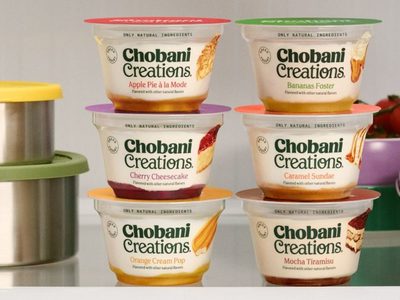The bioengineered foods labeling measure in Colorado, Proposition 105, was defeated by a wide margin. Sixty-six per cent of Coloradans voted against the proposal with 34% voting in favor. The Oregon labeling proposal, Measure 92, was defeated by the narrowest of margins, with 50.5% of voters voting no and 49.5% voting in favor.
The Oregonian newspaper said Measure 92 was especially unpopular in eastern and central Oregon, where agriculture reigns as a large if not dominant economic sector.
In Colorado, Proposition 105 garnered majority support among voters in only three counties.
Pamela G. Bailey, president and chief executive officer of the Grocery Manufacturers Association, said, “We are pleased that the voters of Colorado and Oregon both rejected these mandatory G.M.O. labeling measures.
“Without a national framework for consistent, science-based food labeling, the patchwork of state labeling standards would require separate supply chains to be developed for each state. This maze of varied regulations based on inaccurate information would cripple interstate commerce throughout the food supply and distribution chain and ultimately increase grocery prices for consumers by hundreds of dollars each year.”
The Center for Food Safety pointed to the more than $16 million in corporate contributions spent to defeat Proposition 105 in Colorado.
“Despite an aggressive and deceptive anti-consumer campaign, hundreds of thousands of Colorado voters spoke up in favor of genetically engineered food labeling,” said Andrew Kimbrell, executive director of the C.F.S.
Many more millions of dollars were spent in Oregon, where opponents of Measure 92 were said to have spent $20
million on advertising while backers spent $8 million.
Meanwhile, voters in Berkeley voted by an overwhelming majority, 75% to 25%, to make that northern California city the first in the nation to impose a levy on the distribution of sugar-sweetened beverages.
The Berkeley measure will impose a 1c-per-oz general tax on the distribution of sugar-sweetened beverages, including sodas, energy drinks and presweetened teas, as well as on sweeteners used to sweeten such drinks. The measure exempts sweeteners such as sugar, honey and syrups typically used by consumers and distributed to grocery stores; drinks and sweeteners distributed by very small retailers; as well as diet drinks, milk products, 100% juice, baby formula, alcohol, and drinks taken for medical reasons.
The tax will be collected from distributors for the privilege of doing business in Berkeley. It was not a sales or use tax paid directly by consumers, although it was expected the increased costs borne by distributors may be passed along to consumers by means of higher prices.
The Berkeley measure doesn’t require revenues from the tax to be distributed in a designated manner or directed toward a specific purpose and required only a simple majority to pass. Pre-vote surveys showed broad support for the tax well before the measure was placed on the ballot.
Voters in San Francisco rejected a similar measure that would have imposed a 2c-per-oz tax on the distribution of sugar-sweetened beverages. It must be noted a majority of voters (55%) cast ballots in favor of the tax and 45% voted no. Because revenues from the proposed tax would have been earmarked for specific ends, in this case for the promotion of “nutrition, physical activity, and health programs in public schools, parks and elsewhere,” the measure required a supermajority of voters (66%) to approve the levy.
Indications were the American Beverage Association spent around $9 million to defeat the San Francisco sugar-sweetened beverage tax. Significant sums also were spent by measure supporters, but ideas were financial support behind the measure would have been greater had the proposal not been structured in such a way that a supermajority was required for adoption.
“People don’t support taxes and bans on common grocery items, like soft drinks,” the American Beverage Association said following the vote. “That’s why the public policy debate has largely moved on from taxes and bans.”



